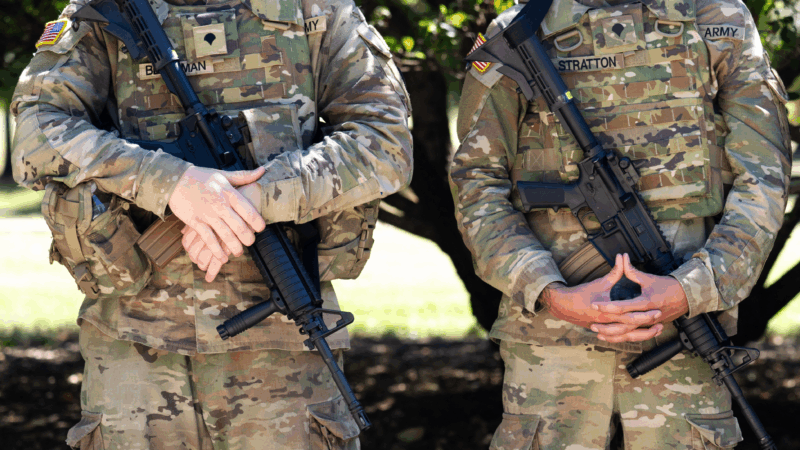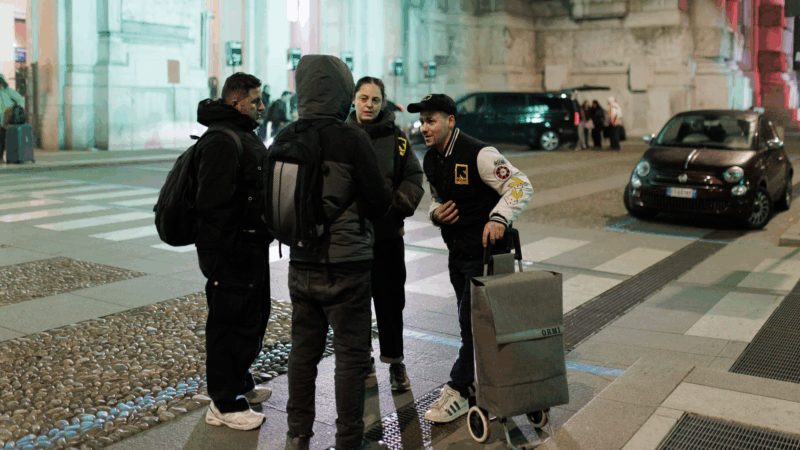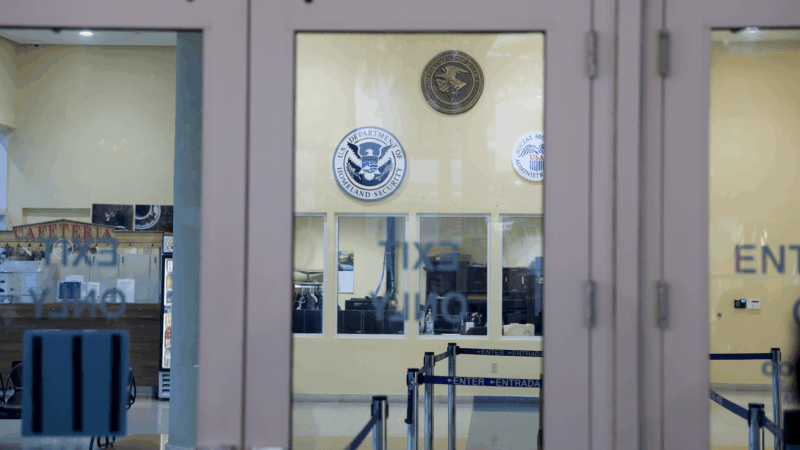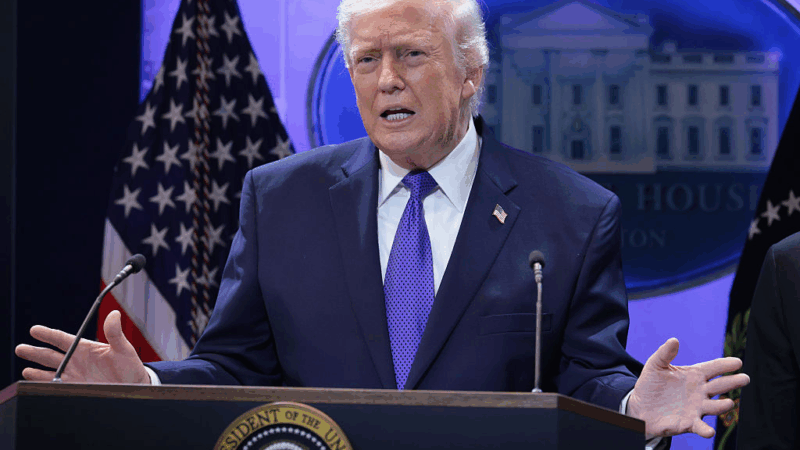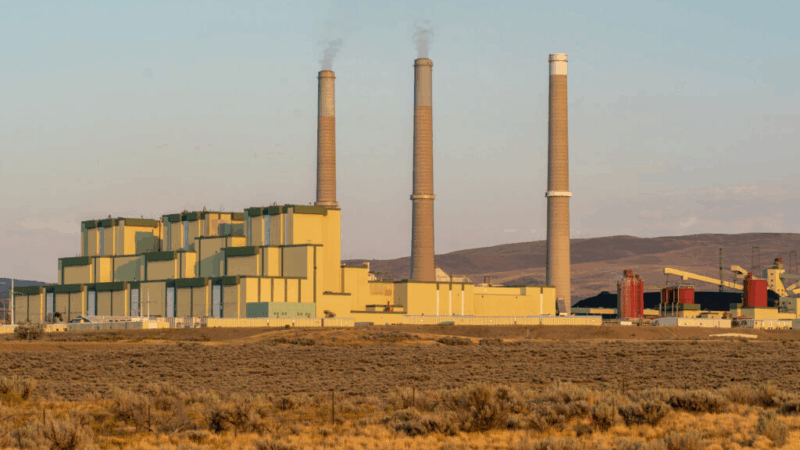Where things stand with Trump’s National Guard deployments
The Trump administration has deployed or threatened to deploy National Guard troops in more than half a dozen American cities that it says are crime-ridden.
The announcements have led to protests, lawsuits and, in certain cases, open arms.
With so many cities, agencies and legal challenges in the mix, we break down where everything stands with these deployments.
Which cities are being targeted?
President Trump sent thousands of National Guard troops into Los Angeles in June and into Washington, D.C. in August.
That was the start of a series of maneuvers from the Trump administration to deploy troops across various U.S. cities that have continued into September. On Tuesday, Attorney General Pam Bondi posted on social media that a federal task force to tackle crime was operational in Memphis, Tenn., but she didn’t say whether it included National Guard troops.
Illinois Gov. JB Pritzker has said the Trump administration wants to deploy 100 troops to Chicago and the Oregon National Guard says it is working to comply with Trump’s call for 200 troops in Portland, NPR member station Oregon Public Broadcasting reported.
In Louisiana, Gov. Jeff Landry requested up to 1,000 troops to help with “high crime rates” in cities like New Orleans, Shreveport and Baton Rouge. And Missouri Gov. Mike Kehoe authorized his state National Guard to assist with “administrative, clerical, and logistical duties” at Immigration and Customs Enforcement processing facilities after a request from the Department of Homeland Security.
Trump has also namechecked cities like Baltimore, where Maryland Gov. Wes Moore pushed back on the idea of troops in the streets and announced more state resources to combat crime.
Are these deployments legal?
There are two laws that come up repeatedly when that question is raised.
The Home Act Rule gives the president command of Washington, D.C.’s National Guard, where troops remain.
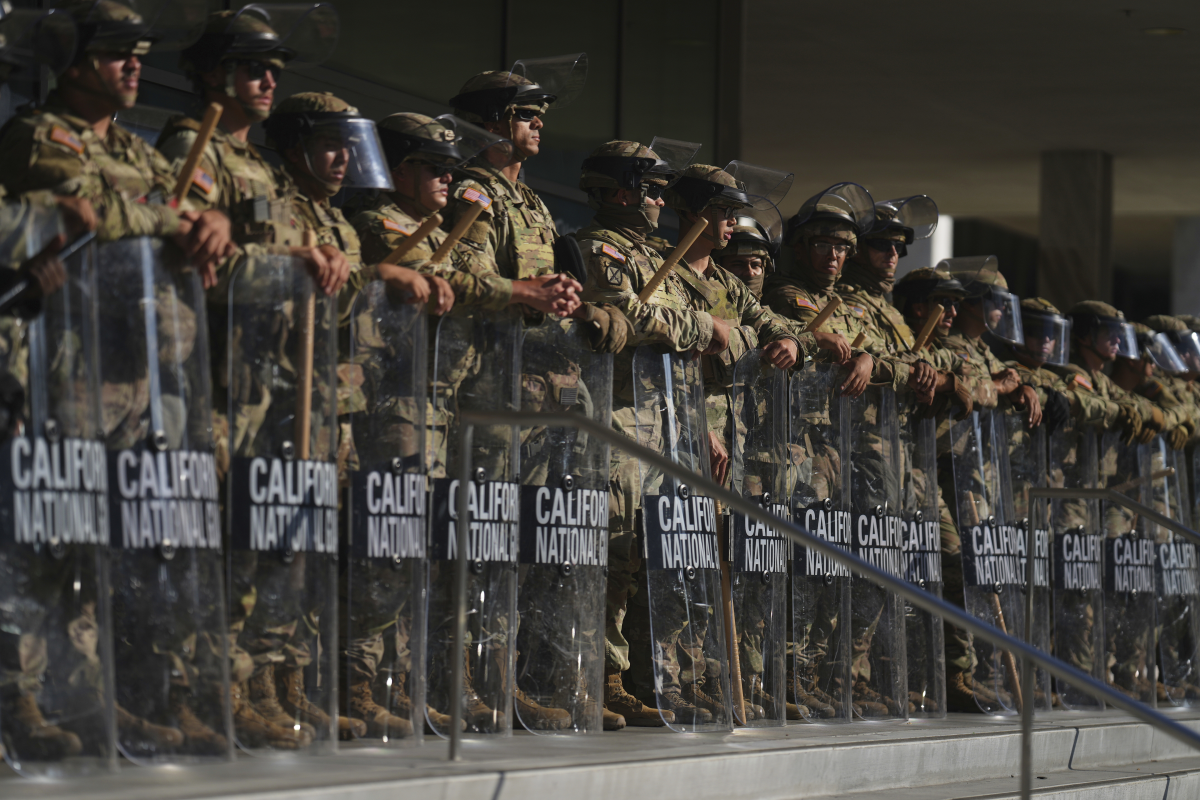
But that’s not the case in other states. And The Posse Comitatus Act prohibits the military from engaging in domestic law enforcement without permission from Congress. And U.S. District Judge Charles R. Breyer ruled that the troop deployment in Los Angeles violates that act, although the ruling only applies to California.
Oregon and Portland are seeking a restraining order against the deployment, saying Trump overstepped his legal authority, OPB reported.
Deployments in states run by Republicans, however, may be more legally sound, say experts.
“If the governor wants to invite troops from other states in — it may or may not be pointless — but legally speaking it’s not necessarily problematic, as long as they’re respecting people’s constitutional rights,” says Rosa Brooks, a Georgetown University law professor previously told NPR.
Is there a pattern developing?
One clear pattern is the partisan divide. Democratic governors like California Gov. Gavin Newsom, Pritzker of Illinois and Oregon Gov. Tina Kotek have opposed the deployments.
Newsom previously told NPR Trump’s order to send Marines alongside National Guard troops in his state was “illegal” and “immoral.” And Pritzker on X called on Trump to “Stop using military troops and ICE to invade and disrupt American cities.”
Republican governors, meanwhile, welcome the interventions.
And then there’s a larger pattern that legal experts say is the normalization of armed uniformed troops on US streets that is challenging the long history in the US of limiting the role of the military domestically.
“It continues to get Americans used to the idea that that’s a normal thing, and that as you go about your daily business, you should just get used to it, and that’s the way it’s going to be. And is that intimidating? Is that chilling to most ordinary people? It is to a lot of people,” Brooks says.
In the shadow of the Olympics, migrants search for a welcome in Milan
As Italy cracks down on migration, Milan takes a different path — offering shelter and integration to asylum seekers even as the central government tightens borders and funds deterrence abroad.
Trump to raise global tariffs. And, most say the state of the union is weak, poll says
President Trump says he is raising global tariffs to 15%. And ahead of the president's address tomorrow, most Americans say the state of the union is not strong, according to an NPR poll.
U.S. has a quarter fewer immigration judges than it did a year ago. Here’s why
The continued drain of personnel from the already strained immigration court system has contributed to depleted staff morale, mounting case backlogs — and floundering due process.
Poll: Most say the state of the union is not strong and the U.S. is worse off
Ahead of the State of the Union address on Tuesday, evidence continues to mount that President Trump is facing political headwinds.
The owners want to close this Colorado coal plant. The Trump administration says no
The Trump administration has ordered several coal plants to keep operating past their planned retirement, part of a larger effort to boost the coal industry. Two Colorado utilities are pushing back.
Influencers are promoting peptides for better health. What’s the science say?
The latest wellness craze involves injecting these molecules for athletic performance, longevity and more. Scientists say the research isn't keeping pace with the health claims.

